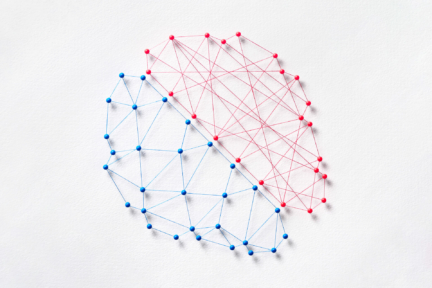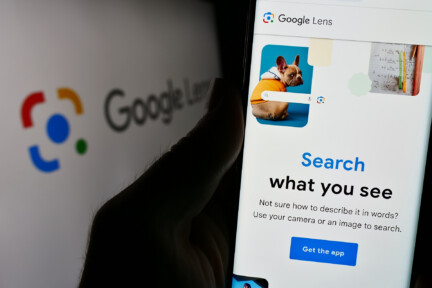- Home
- AI Glossary
- Predictive AI Definition


Predictive AI Definition
Predictive AI Definition
What is Predictive AI?
Predictive AI is a branch of artificial intelligence services dedicated to forecasting future events or trends based on historical data. Predictive AI employs machine learning techniques to analyse patterns and predict future outcomes. This kind of AI is increasingly crucial in various sectors for its ability to anticipate future scenarios based on existing data.
Benefits of Predictive AI
One of the most significant aspects of Predictive AI is its versatility across industries. Predictive AI’s ability to analyse vast datasets and identify patterns makes it invaluable, from predicting consumer behaviour in marketing to anticipating equipment failures in manufacturing. In healthcare, for instance, Predictive AI can forecast disease outbreaks or patient health risks, while in financial services, it’s used for market trend analysis and risk management.
The Predictive AI meaning extends to its role in decision-making processes. Providing foresight into potential future events empowers businesses and organisations to make more informed decisions. Whether it’s optimising supply chains, enhancing customer engagement, or improving public safety measures, Predictive AI’s ability to anticipate future events makes it a powerful tool in strategic planning.
How does Predictive AI work?
At the core of Predictive AI is its reliance on historical data. The AI system is trained using large datasets, enabling it to learn and identify patterns. This training involves algorithms scrutinising past events and outcomes to predict future occurrences. The accuracy of Predictive AI depends heavily on the quality and quantity of the data it’s trained on, making data collection and preprocessing critical steps in developing effective predictive models.
Ready to discover more terms?





